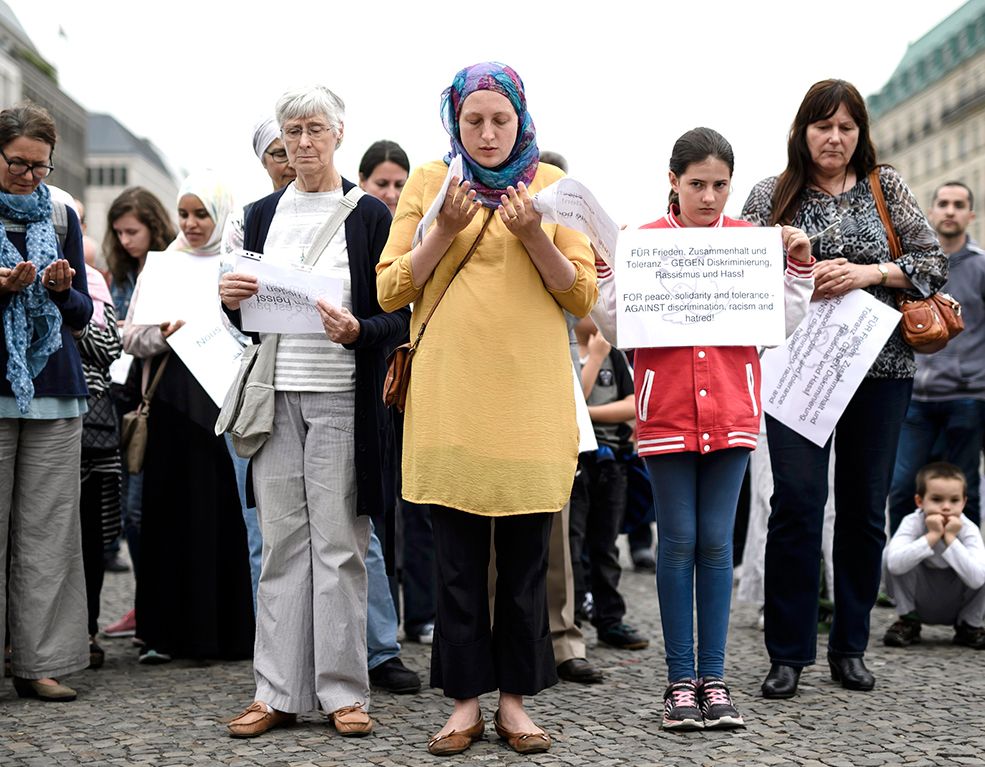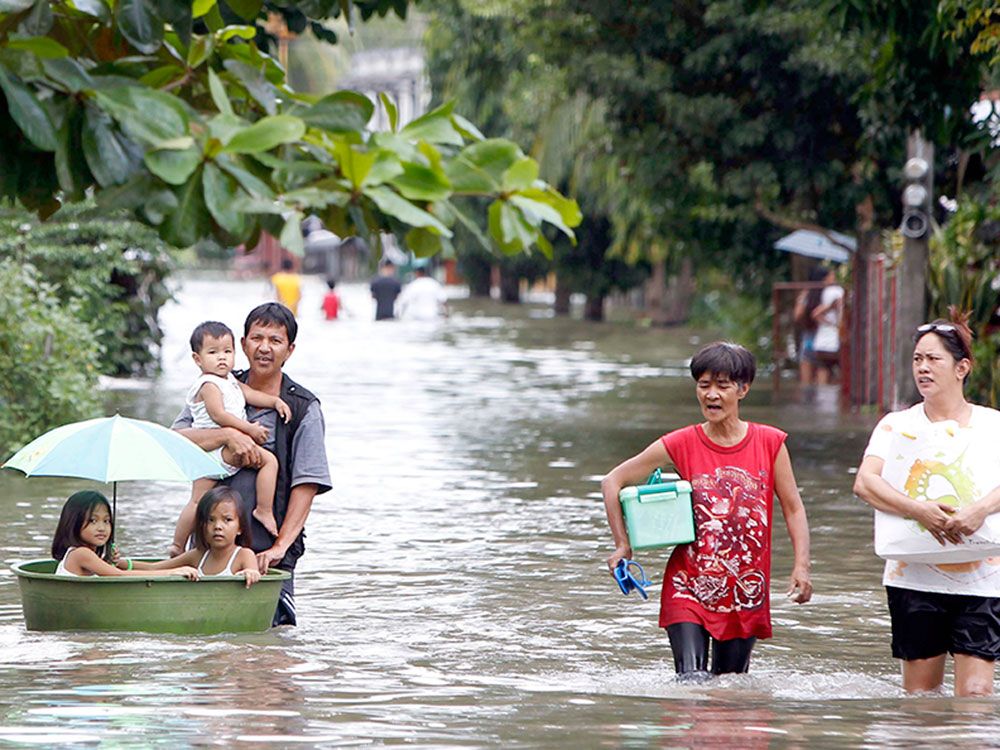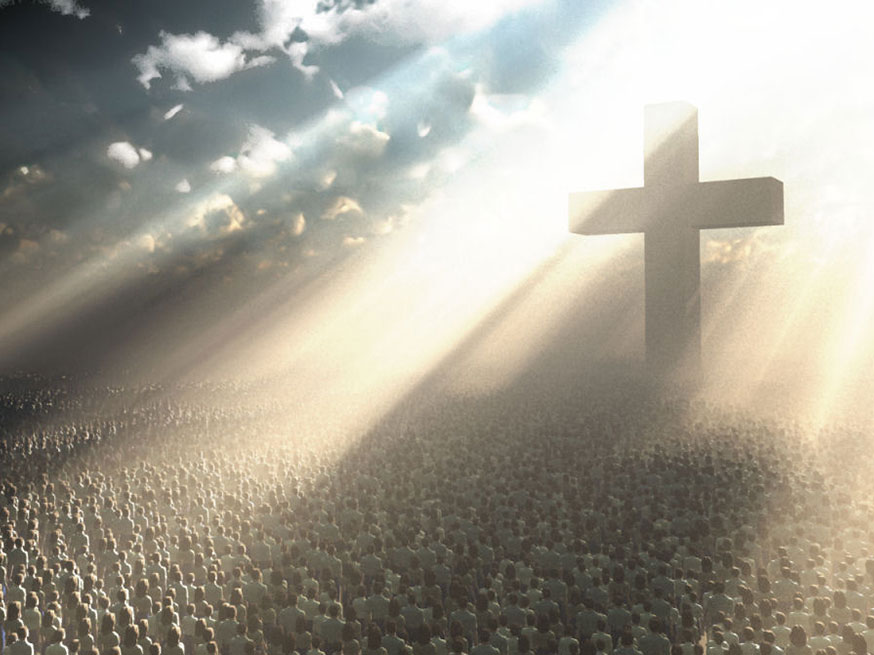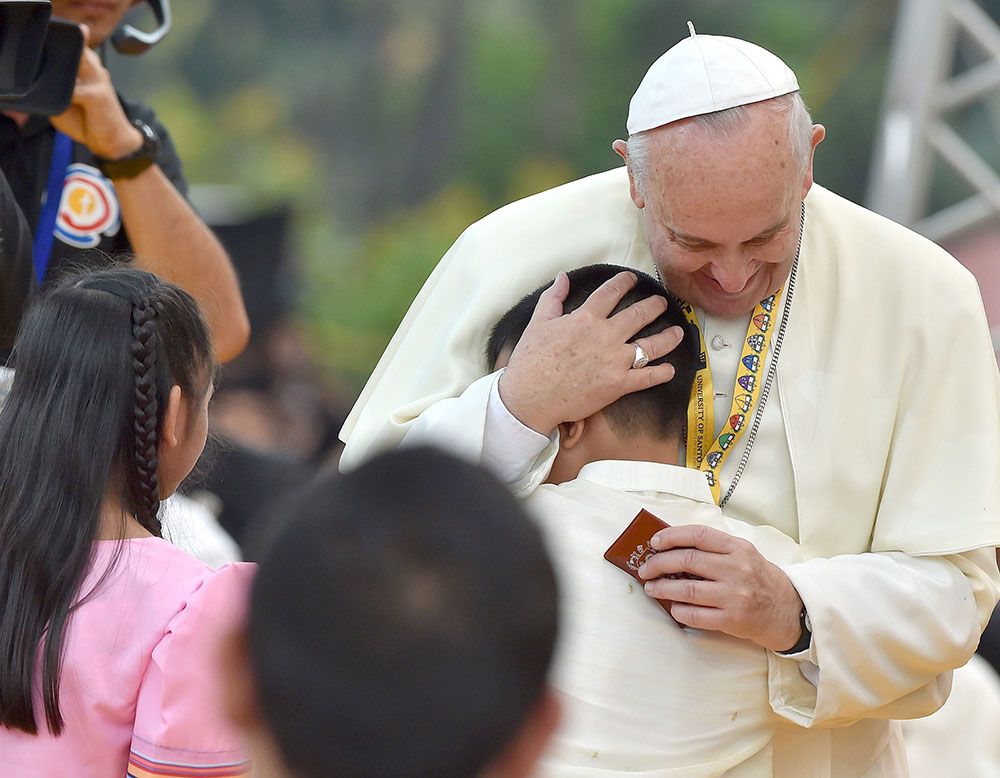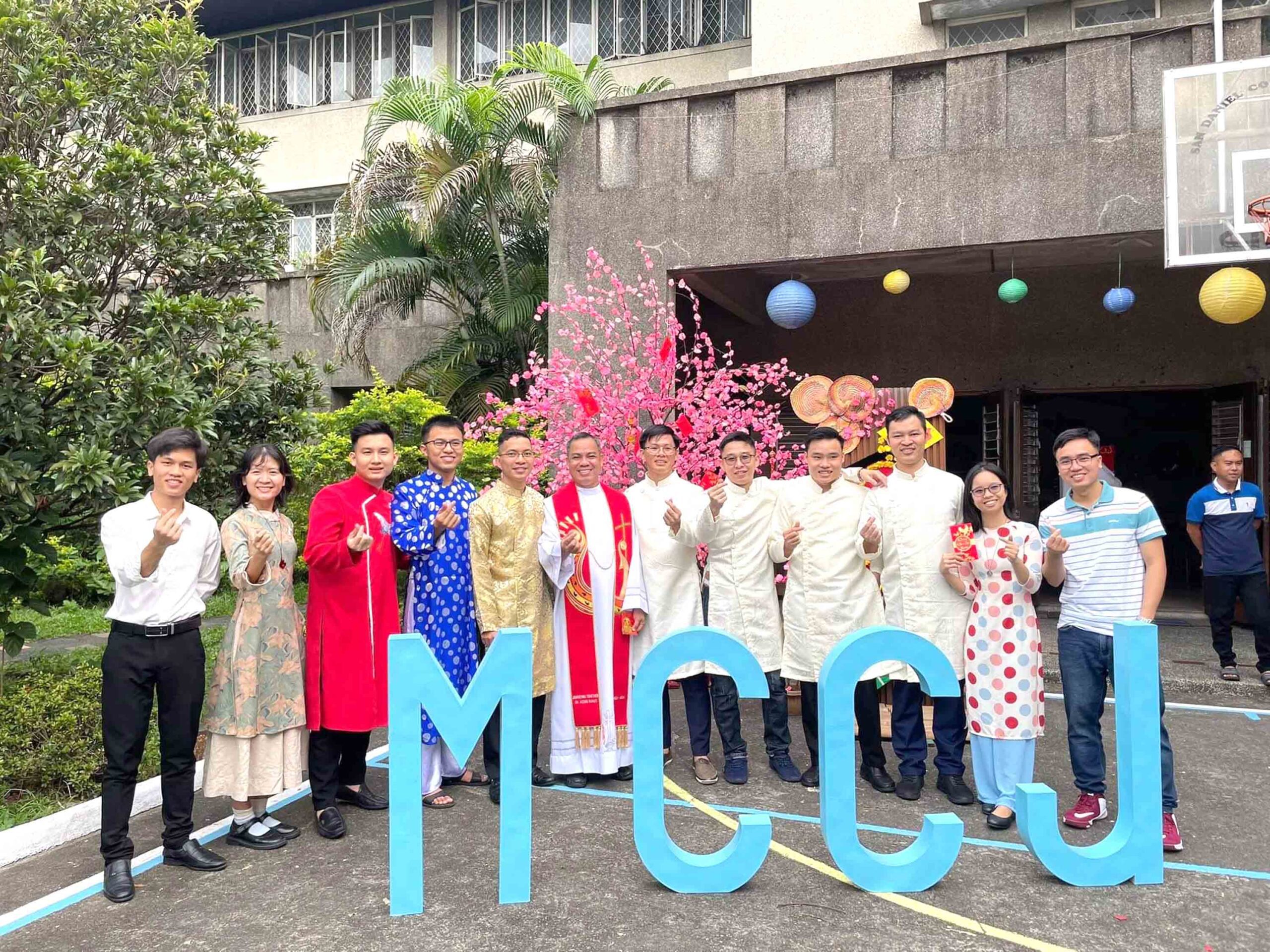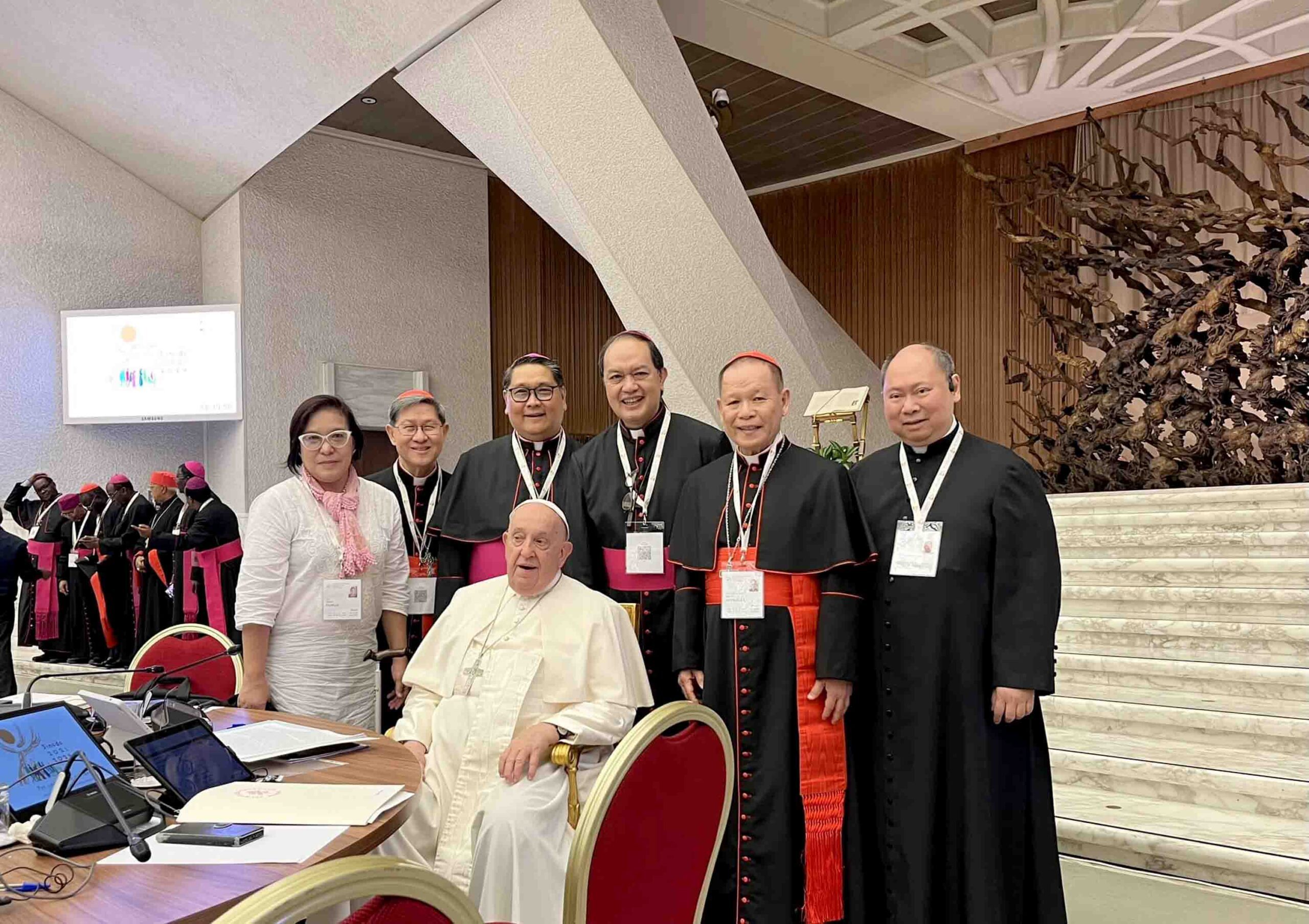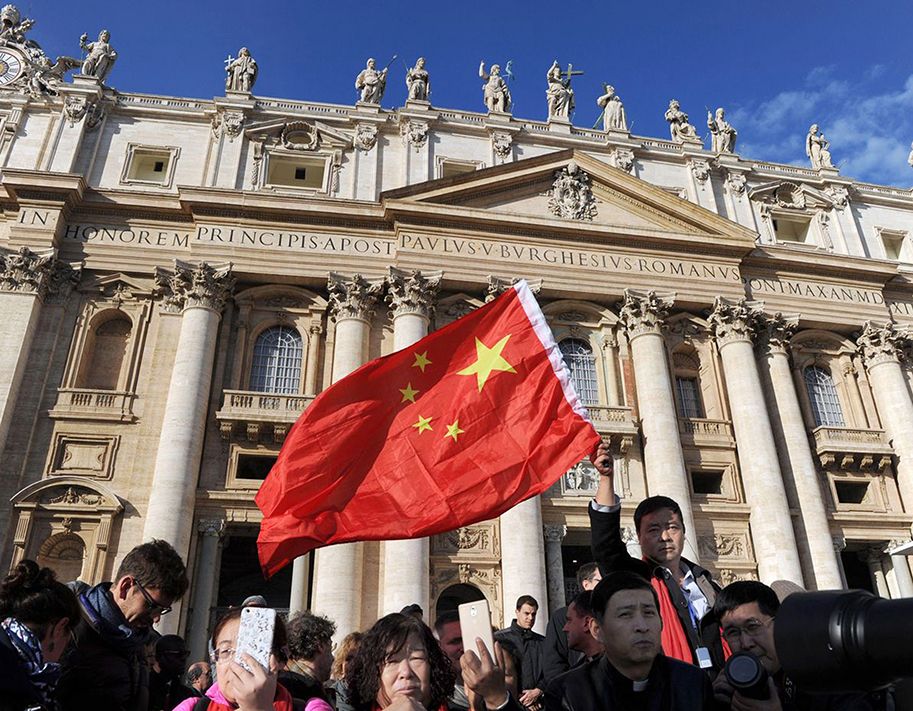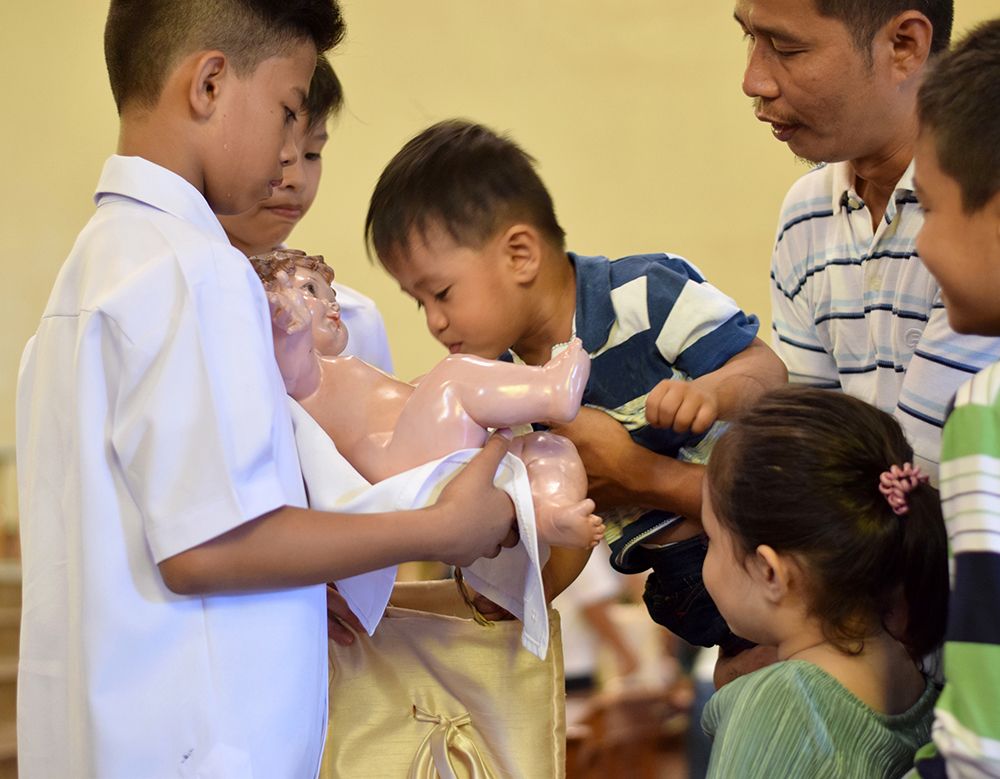In many ways, the present time is a period of difficulty for mission and Christianity at large. The long standing and cherished dream for an ever more extended “Christendom” is being shattered under the pressure of historical events.
The process of decolonization, along with post–colonial studies, has made untenable the traditional paradigm of mission for global Christianization, as its impracticality and inherent ambiguity are being uncovered. The new self–consciousness of peoples throughout the world has found expression in the reclamation of cultural identities, revitalization of traditional religions, and the affirmation of the human subject as self–master. As an effect of globalization and the related mobility of people, the world is increasingly turning into a global village of many cultures, religions, ideologies and ways of life; traditional geographical borders have lost most of their significance and replaced by boundaries of an anthropological character that defy borders and are growing ever more intertwined everywhere. If, on the one hand, this global village has great potential for mutual exchange and enrichment at all levels, and could be the melting pot of a new world, on the other, it is also the place of conflicts, marginalization and violence as daily experience tells us.
In the fluidity of such a diverse world, the market has stepped in and taken over as the dominant and self–regulating force, by establishing an overarching business–oriented and business–driven culture in which profit redefines all values; the human being in himself, more than as a person, is treated as an economic resource and a consumer. The inner logic of self–interest and the greed of the market–driven world has become evident in the growing dominance of finance over real economy and politics (financial capitalism) and in the current global crisis, both economic and humanly–ethical, that it has caused. The pursuit of personal gain at all costs and rampant consumerism are having a destructive effect on the lives of billions of people and on the ecosystem.
The best standpoint to feel the contours of our time and evaluate the extent of the crisis it is going through, is the standpoint of the victims, from where it becomes clear that we are in the midst of chronic global suffering and violence. Any approach to mission needs to take this hard fact as a normative point of reference. Anything less begs for credibility.
In such a historical context, mission cannot limit itself to making new Christians, perhaps, in view of an afterlife. What is at stake is an in–depth reading of our time, to understand what the Spirit of God is saying to the Churches and where she is leading the world. What is at stake is a change of direction that gives new meaning to our lives, regenerates a collective hope and enables a new way of living together in our differences, in responsibility for each other and in mutual solidarity. What is at stake is the Gospel itself as a world–transforming instrument for the “kingdom of God.”
Confronted by such a missionary challenge, today’s Churches seem lost and paralyzed. They, too, share in the brokenness of the contemporary world, wounded as they are by historical compromises and impairments. Sucked somehow into a current of generalized fear against any ‘otherness,’ they rather tend to close in on themselves worried about their own survival and concern about their identities.
An act of re–creation
The Gospel of John tells us how, after Jesus’ death, the disciples, struck with fear, had locked themselves in the house, and how Jesus broke into their midst and, greeting them with peace, breathed on them the Holy Spirit and sent them out to the world to bring reconciliation (Jn. 20:19–23).
In a similar way, the Acts of the Apostles open its account of the first Christian mission by picturing the disciples gathered together in a house, this time in prayer; when suddenly the house was shaken by something like a strong wind from heaven. The disciples, filled with the fire of the Holy Spirit, were driven out and enabled to speak the languages of many different peoples (Acts 2:1–11). The Babel of incommunicability had been reversed.
In both narratives (of John and Acts), a metaphoric language of nature – breath, wind, and fire – is used, suggesting that an act of re–creation is taking place: the Spirit continues to draw out of chaos a world made new, as imagined by God. This is exactly what Jesus proclaims at the start of His messianic mission: “The Spirit of the Lord is upon me, because he has anointed me to bring good news to the poor. He has sent me to proclaim release to captives and recovery of sight to the blind, to let the oppressed go free, to proclaim the year of the Lord’s favor” (Lk. 4:18–19). The Acts would later comment: “God anointed Jesus of Nazareth with the Holy Spirit and with power, and he went about doing good and healing all who were oppressed by the devil” (Acts 10:38).
Also, the Israel of Jesus’ time was going through a profound crisis of identity, with many groups and movements in search of a solution. Jesus confronts the crisis with a bold and paradoxical announcement: “This is the time of grace. The kingdom of God is at hand” (cf. Mk. 1:15). In this crisis, Jesus engages the messianic dream of the “year of the Lord,” the great feast of deliverance; and that, ‘in the power of the Spirit.’
As in the narrative of the day of Pentecost, and in other narratives (cf. 4:23–31; 8:14–17; 10:44; 13:1–4; etc.), Acts highlight how the outpouring of the Spirit for mission is experienced and lived by the community of the disciples through prayer of invocation and praise. The communication of God’s Spirit and prayerful expectation and reception are part of the same event that depicts mission as being, in the first place, not of the disciples but of God. Mission is, first and foremost, God’s presence and action in the world, and has to do with the making of the world, according to God’s plan. It is an ongoing Pentecost. On the part of the Christian community, it is a continual epiclesis: an invocation and openness to the Spirit of God that goes so deep into the fibers of the Church so as to shape, from within her meaning, life and structure in all their aspects; an epiclesis of healing, liberation, reconciliation and renewal as much for the world as for the Church herself.
The path of humility
It was through the experience of despondency and powerlessness in the aftermath of the Second World War and the end of European–Christian expansion that the missionary–ecumenical movement was led to rediscover mission as missio Dei (God’s mission). Since then, awareness grew that the Spirit is at work in the world, in ways that go beyond the boundaries and reach of the Church, to the extent that the missionary reflection itself, developed by the World Council of Churches, came eventually to take the form of an invocation to the Spirit: Come, Holy Spirit – renew the whole creation! (WCC General Assembly of Canberra, 1991) and Come, Holy Spirit, heal and reconcile! (WCC Conference on World Mission and Evangelism of Athens, 2005).
Also, the Roman Catholic Church went through a similar journey, until becoming increasingly a shared journey with the World Council of Churches. Thus, Vatican II sees the Church and her mission flowing from the “fountain–like love” of God the Father and having their origin “in the mission of the Son and the Holy Spirit” (Ad Gentes 2). In a wide open perspective, the Pastoral Constitution on the Church in the modern world says that “the Spirit of God, with wondrous providence, directs the course of time and renews the face of the earth” (Gaudium et Spes 26). Vatican II’s reference to the action of the Holy Spirit in mission is then developed in the subsequent documents of the Catholic Magisterium, particularly in Evangelium Nuntiandi (1975) and Redemptoris Missio (1990), where the Spirit is acknowledged as both the “principal agent” and the “goal” itself of evangelization, in that “He alone stirs up the new creation, the new humanity at which evangelization has to aim” (EN 75); “His presence and activity are universal, limited neither by space nor time… affect not only the individuals but also the society and history, peoples, cultures and religions. Indeed, the Spirit is at the origin of the noble ideals and undertakings which benefit humanity on its journey through history” (RM 28).
If there is a convergence between the two journeys, respectively, of the ecumenical movement and of the Catholic Church in the understanding of mission, it is to be found in a growing awareness that the Spirit constitutes the Church and shapes mission, rather than the other way around. The Church does not ‘dispose of’ the Spirit but asks for the Spirit, confident that her plea will be heard: “Send out your Spirit and they shall be created and you shall renew the face of the earth.”
This means the Church in mission is to tread the path of humility and to enter into a receptive mood of expectation that contrasts with a conquering spirit. But it also represents a liberating experience that nourishes confidence and opens to a new future even in times of crisis. Notwithstanding the burden of the shortcomings of missionary history, the difficulties of the present, and what looks like an uncertain future, mission remains in the hands of God who is always capable of a new beginning.



